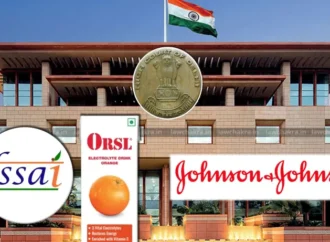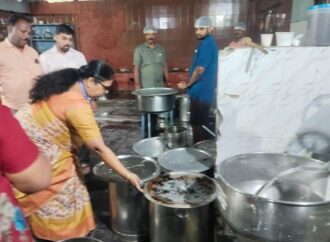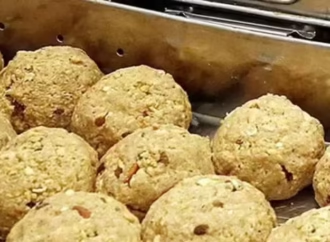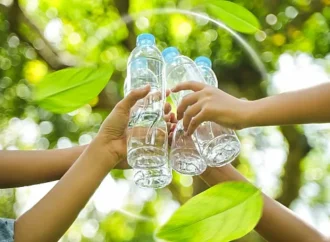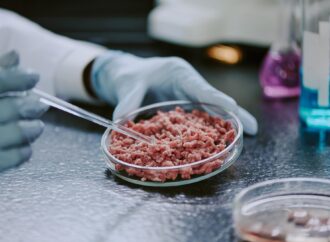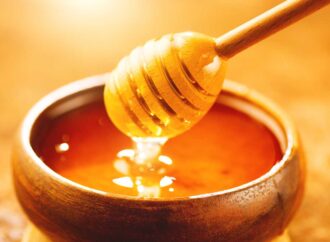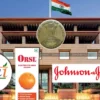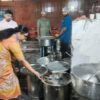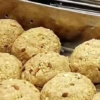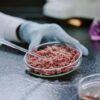A New Kind of Butter
At a tasting event in New York, Savor, a california start-up served guests butter-topped sourdough—but the butter didn’t come from cows. Instead, they made it using methane gas, a major contributor to climate change. Savor transforms gases like methane and carbon dioxide into synthetic fats that look, cook, and taste just like real butter.
Why Make Butter This Way?
Traditional butter comes from milk, which means raising cows, and that has a big impact on the environment. Cows release methane and need a lot of land and water. Savor’s method captures harmful gases from places like coal mines and factories and uses them to create fat molecules in a lab. This way, they turn pollution into something useful and tasty.
Not Just Butter — A Food Revolution
Savor isn’t alone. Other companies are making fats from fungi, yeast, and even sawdust to replace things like palm oil and cocoa butter. These new fats could help reduce deforestation and fight climate change. Top chefs say the synthetic butter works just as well as regular butter — and even handles heat better without burning.
What’s Next?
Right now, these eco-friendly fats are mostly used in fancy restaurants, and they cost more than regular fats. But with more support and larger production, they could one day be in your kitchen too. It’s an exciting step towards greener, smarter eating.
Source: NDTV
 Food Manifest
Food Manifest 